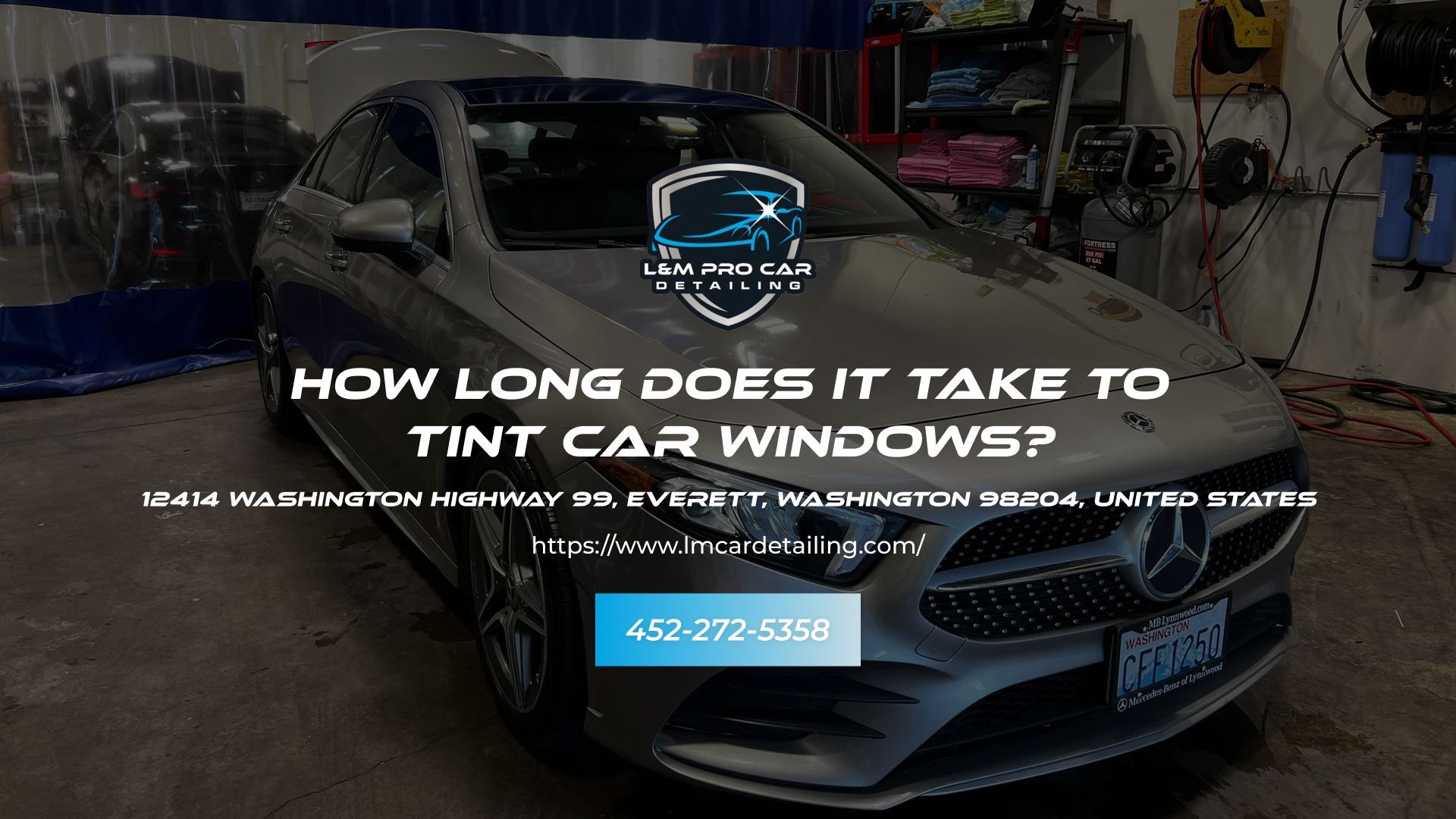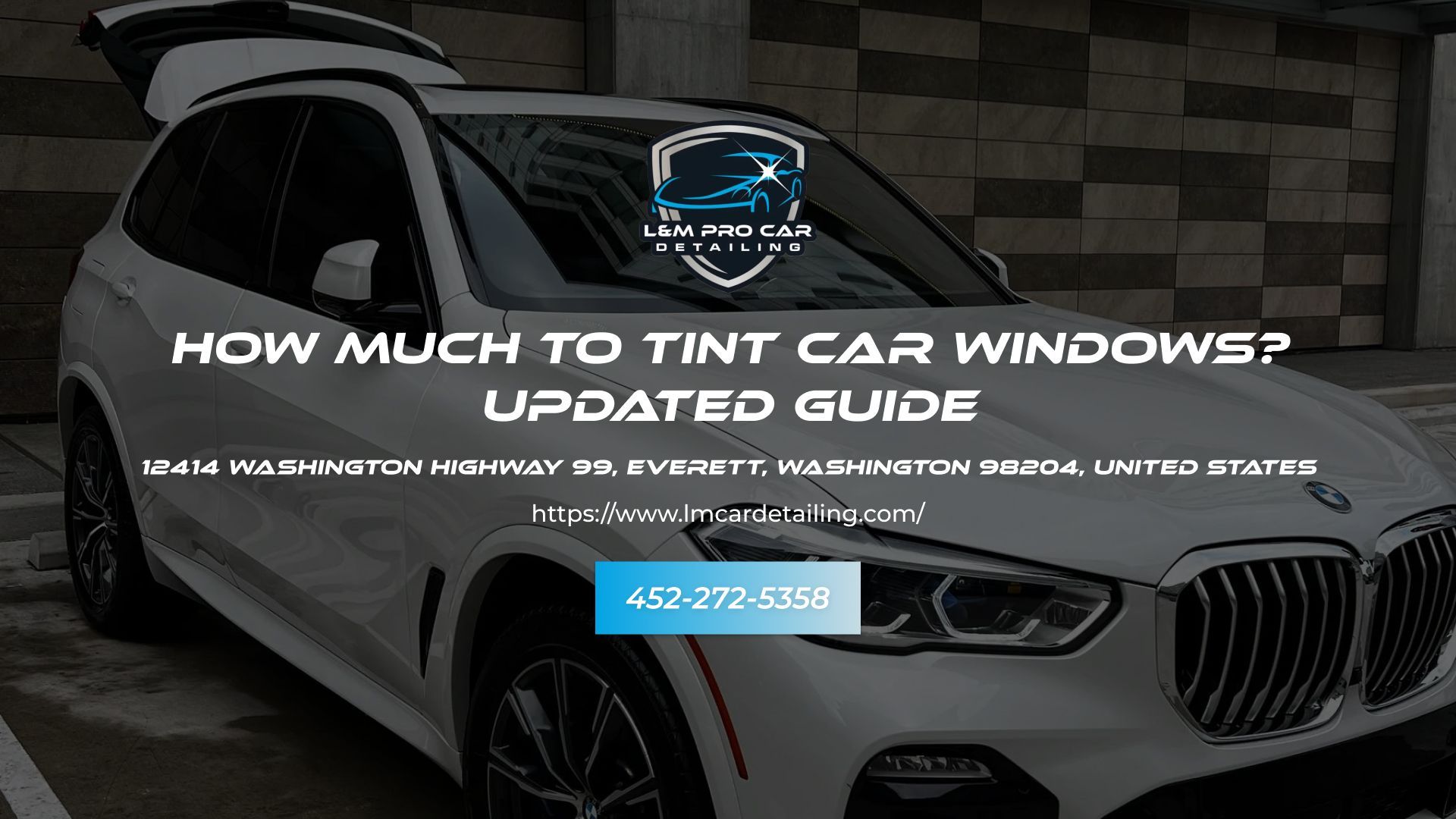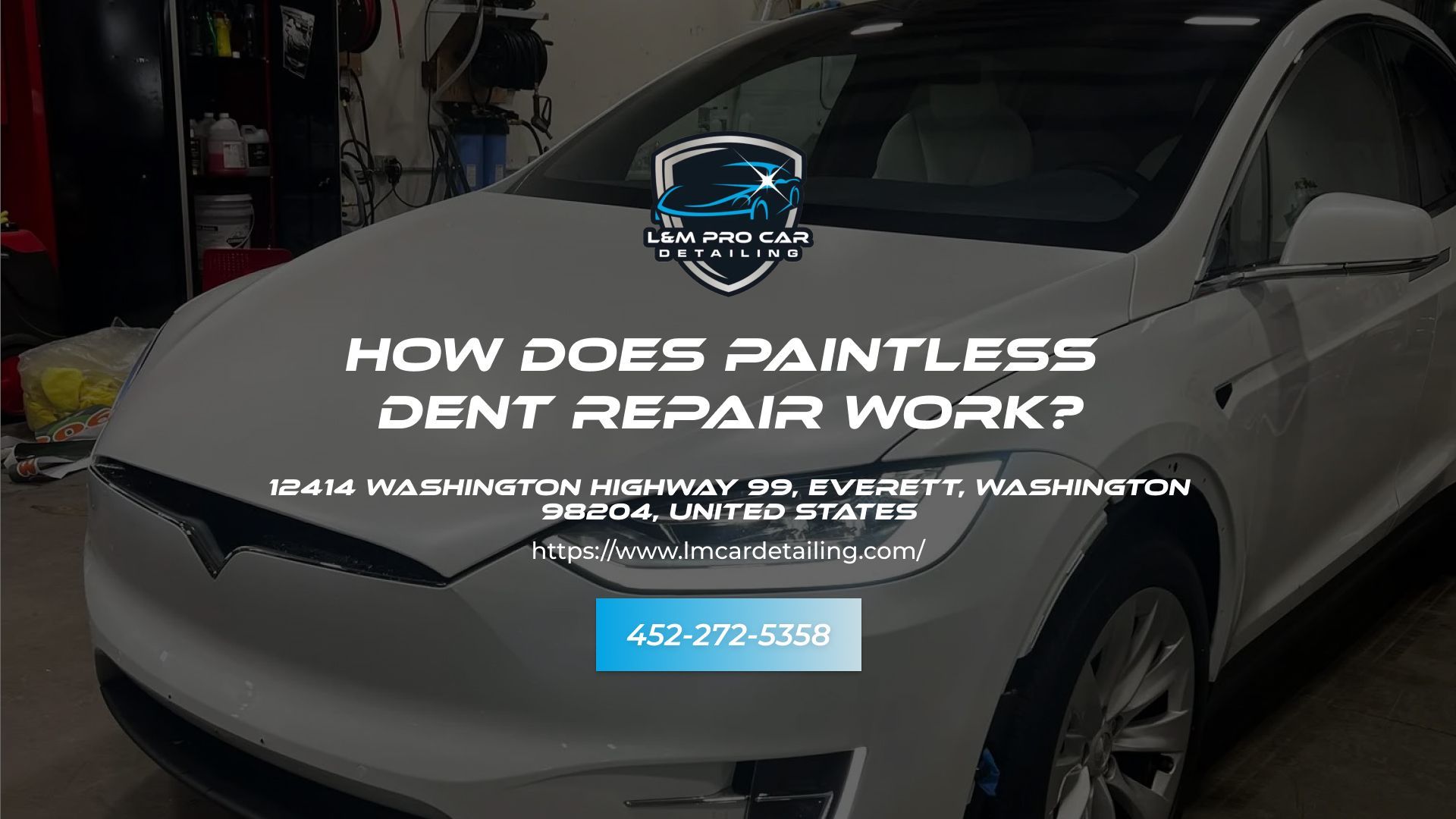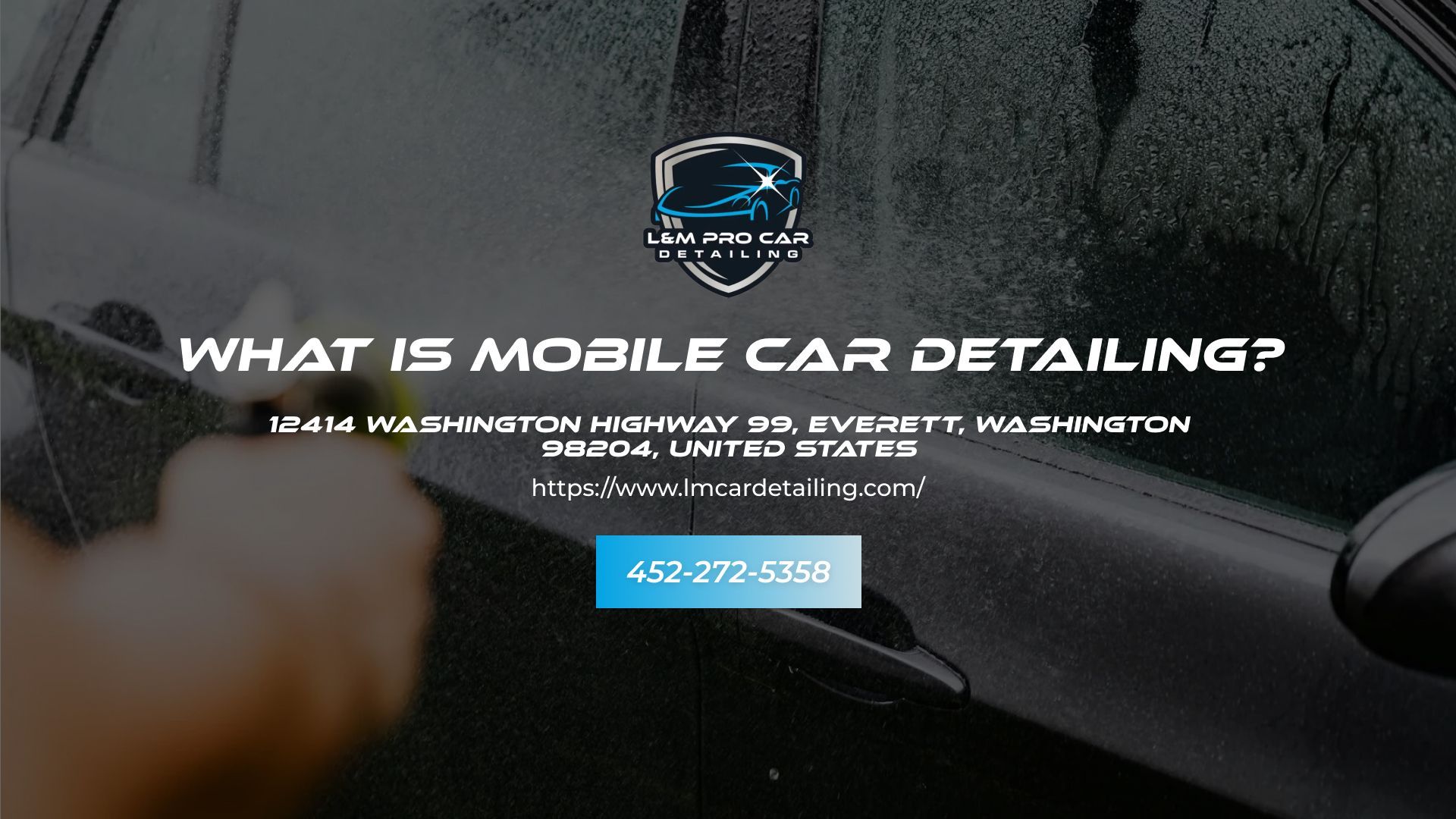Does Paint Protection Film Protect Against The Sun?
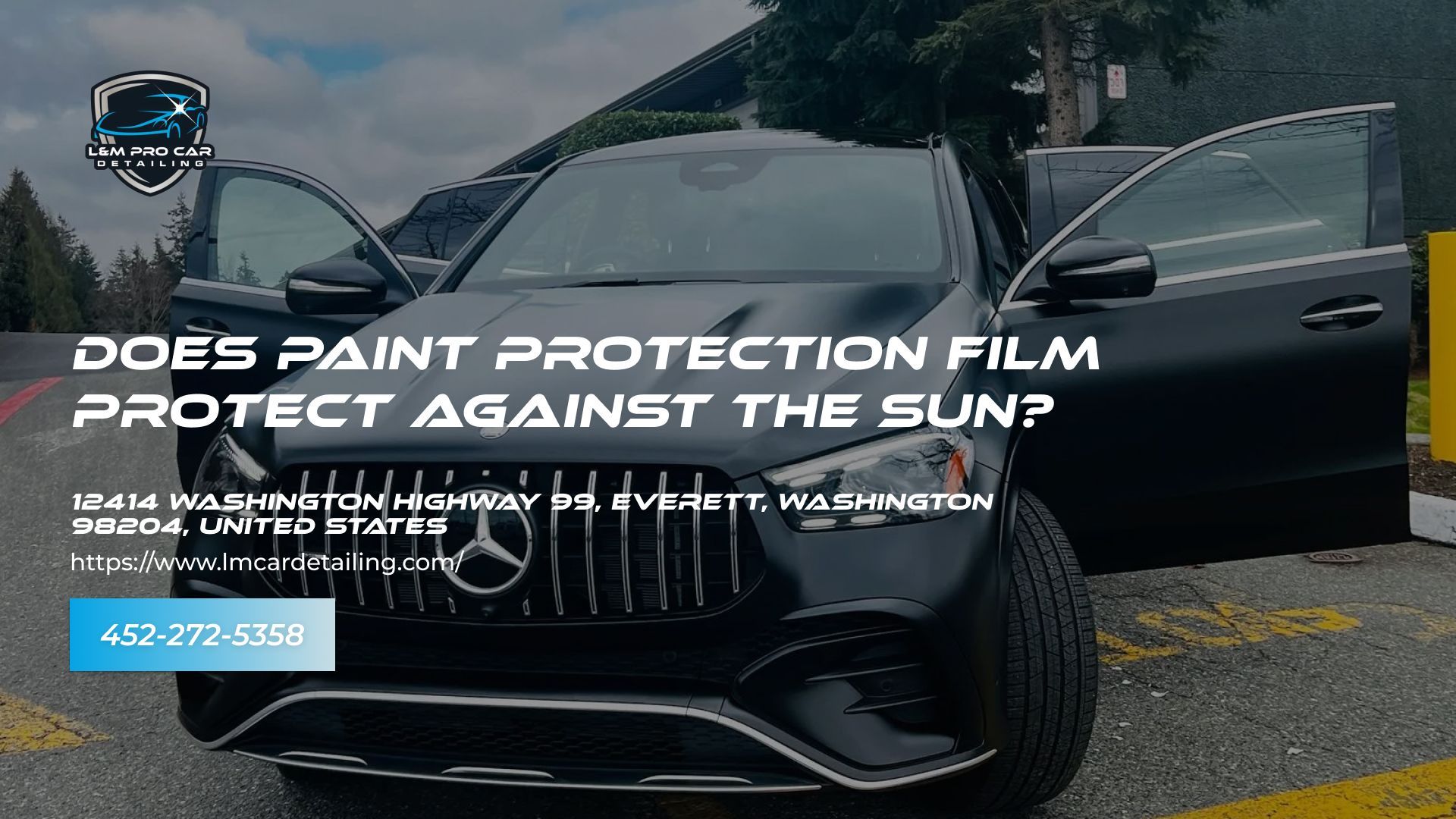
Key Takeaways
- Sunlight and heat can cause paint to fade and damage the clear coat.
- PPF acts like a shield, providing UV protection.
- It assists in retaining gloss and color strength
- Reduces heat buildup on the painted areas.
- Works well with ceramic coatings for extra protection.
- Choose quality films with a strong warranty for sun-heavy areas
What Is Paint Protection Film (PPF)?
Paint protection film is a clear, flexible polyurethane or polymer layer applied to a car’s painted surfaces. It sticks to the exterior panels and protects against sunlight, rock chips, bugs, and contaminants. As a surface protector, it keeps the original paint looking newer, longer.
How Does Sun Exposure Damage Car Paint?
Sunlight carries UV rays, infrared radiation, and heat, which break down a car’s clear coat. This leads to oxidation, discoloration, and peeling. The top layers lose their shine, and over time, the damage can reach the base paint. In states like Florida, this process is much faster due to constant sun exposure.
Can Paint Protection Film Block UV Rays from the Sun?
High-quality PPF can block most UV rays, offering strong sun protection. However, it doesn’t make your car completely immune. It reduces UV penetration, slows fading, and protects your paint layer, but won’t stop all sun damage if not maintained or applied correctly.
Other Benefits Of PPF In Sunny Climates
PPF delivers more than just sun blocking. In warm states, it delivers several other benefits:
- Heat Protection: Provides a temperature layer that minimizes infrared absorption.
- Gloss Retention: Keeps the paint finish looking clear and shiny.
- Clear Coat Shield: Protects the top layer from getting scratched or worn out.
- Works With Coating: Combines with ceramic coatings to form layered protection.
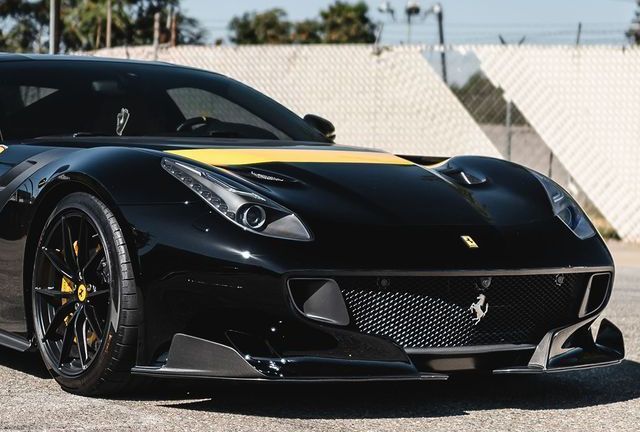
How To Choose The Right Paint Protection Film (PPF) For UV Defense?
Choosing the right PPF in Florida means thinking beyond aesthetics. Here are some tips for you:
- Assess Your Needs: Focus on high-exposure zones like the hood, roof, mirrors, and front bumper. These areas absorb the most sun.
- Consider Self-Healing Films: Good quality PPFs have special polymers that can fix small scratches when they heat up. This keeps the surface smooth and clear for a long time.
- Check Lifespan & Warranty: Go for films that come with a 5 to 10-year warranty against yellowing. Cheap options break down fast when they're in the sun.
- Get Professional Installation: Improper DIY installation can cause bubbling, lifting, or impaired performance, particularly with excessive heat and UV exposure.
Book Paint Protection Film Near Me Today!
If you live in a high-UV area like Florida and want to prolong your car’s appearance, consider professionally installed paint protection film services. L&M Pro Car Detailing offers premium-grade solutions and experienced application if you're exploring options. Protect your investment. Book your PPF service with us today!

FAQs
Does PPF Prevent Paint Fading?
Yes, to a degree. While it reduces UV exposure and oxidative stress, it can’t fully stop the natural aging process of paint. Think of it as a slowdown tool, not an eternal shield.
Can PPF Turn Yellow in the Sun?
Older or low-quality films might, especially when exposed to constant UV radiation. Modern films include UV stabilizers that help resist discoloration for years.
Is PPF or Ceramic Coating Better for UV Protection?
They’re different tools. PPF is a physical barrier, while ceramic coatings offer molecular-level protection. For Florida sun, combining both is your best bet.
Should I Get PPF If I Park Outside Often?
Absolutely. Outdoor parking exposes your vehicle to unfiltered UV, tree sap, bird droppings, and thermal cycling. PPF adds critical first-line protection for daily drivers.
Recent Blogs

